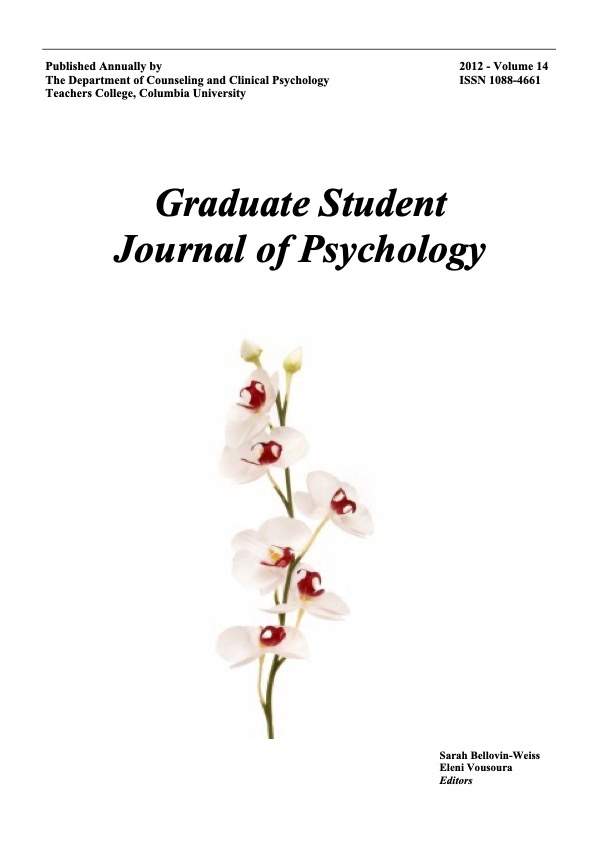Religious Change and Depressive Symptoms among Youth in Foster Care With or Without a History of Sexual Abuse
Main Article Content
Abstract
Research suggests that trauma, such as childhood sexual abuse (CSA), disrupts key social-cognitive assumptions including religious beliefs. Limited previous studies examined adult reports and compared group means on measures of religiosity. Yet CSA may both increase and decrease religiosity, and, therefore, group means may be deceptive. The current study explored religious change and depression among adolescents in foster care with and without CSA over a two-year period (n = 407). Results indicated that youth with a history of CSA were no more likely to report changes in religious affiliation or belief over the study period, as compared to youth without a history of CSA. Among youth without a history of CSA, changes in religious affiliation and beliefs were associated with increased depression. For youth with a history of CSA, religious changes were unrelated to depressive symptoms. It appears that the impact of religious change is contextdependent, and further research using longitudinal designs appears warranted and necessary
Article Details
Section
Articles

This work is licensed under a Creative Commons Attribution-NonCommercial 4.0 International License.
How to Cite
Pirutinsky, S. (2012). Religious Change and Depressive Symptoms among Youth in Foster Care With or Without a History of Sexual Abuse. Graduate Student Journal of Psychology, 14, 22–29. https://doi.org/10.52214/gsjp.v14i.10876

